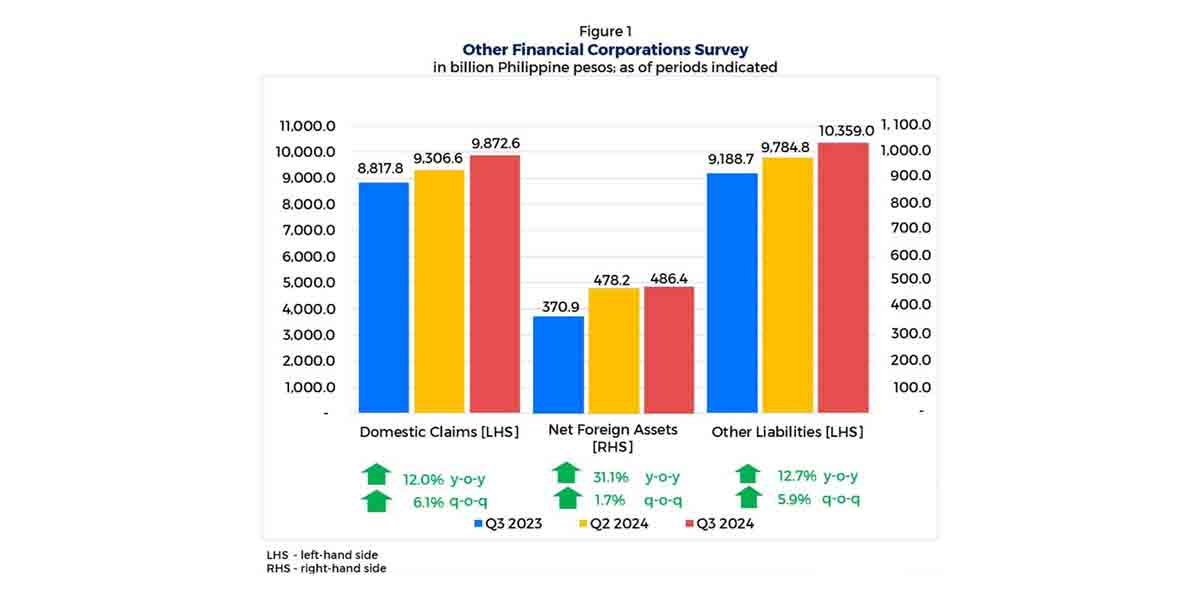By Atty. Eduardo T. Reyes III
LECHON is ubiquitous around the country. It is a staple during fiestas and other large gatherings owing to its finger-licking, mouthwatering, and sinfully delicious taste. It’s popularity therefore is undeniable. And thus to say that engaging in the lechon business is lucrative would be an understatement.
In Iloilo City, kiosks selling lechon by the kilo (or less) during weekends are aplenty. They line up by occupying almost every corner of the sidewalk from the Molo area all the way to Arevalo.
Our household is guilty of giving in to the tempting crunchy lechon skin on most Sundays when the family would gather around the Reyes hall for some family time. Through the years, we had been a “suki” (loyal customer) of many lechon sellers. I could still recall the business names of most of them that had been consistent in the quality preparation of their lechon.
Elsewhere in the country, a dispute between two (2) lechon sellers had boiled into a case that reached the Supreme Court. From the case records, ELARS Lechon was established way back in the 1970’s and had catapulted into popularity. A decade or so later, for some reason, some of its employees had spun off and opened their own lechon business under the business name: ELARZ Lechon.
The Supreme Court in Emzee Foods, Inc. v. Elarfoods, Inc., G.R. No. 220558, February 17, 2021, concluded that the mere change from ELARS with an “s” to ELARZ with a “z” amounts to a “confusing similarity” which impinges upon the business name and good will that the owners of ELARS Lechon had congealed over the years. It therefore constitutes as “unfair competition” which cannot be allowed to continue.
In Elidad Kho and Violeta Kho v. Summerville General Merchandising & Co., Inc., G.R. No. 213400. August 4, 2021, the essential elements of an action for unfair competition were laid down, thus:
“The essential elements of an action for unfair competition are:
(1) confusing similarity in the general appearance of the goods, and
(2) intent to deceive the public and defraud a competitor.
Elidad Kho also explained that “confusing similarity” is not only determined by the similarity in the business name or mark, but in the “packaging or presentation of the goods” as well. Thus:
“The confusing similarity may or may not result from similarity in the marks, but may result from other external factors in the packaging or presentation of the goods. Likelihood of confusion of goods or business is a relative concept, to be determined only according to peculiar circumstances of each case. The element of intent to deceive and to defraud may be inferred from the similarity of the appearance of the goods as offered for sale to the public”.
Indeed, we need not look far. Just in Iloilo City alone, we have business names that had endured through time because of the special qualities of the products that these businesses have maintained and offered to the public. We have special batchoy, puto, and some delicacies that had become famous around the world.
The law recognizes the business good will as a precious commodity of a businessperson. One cannot “ride on” on the popularity of another by merely tweaking the other’s name that could lead the public to believe that the two (2) products are one and the same.
From a positive lens, the law against unfair competition encourages businesspeople to “be original”.
To be sure, there is only one you.
(The author is the senior partner of ET Reyes III & Associates- a law firm based in Iloilo City. He is a litigation attorney, a law professor and a law book author. His website is etriiilaw.com).

























